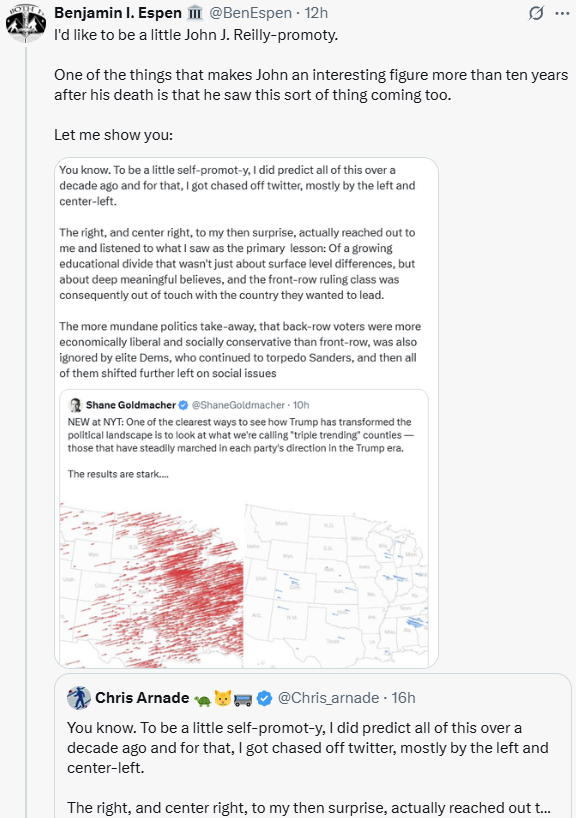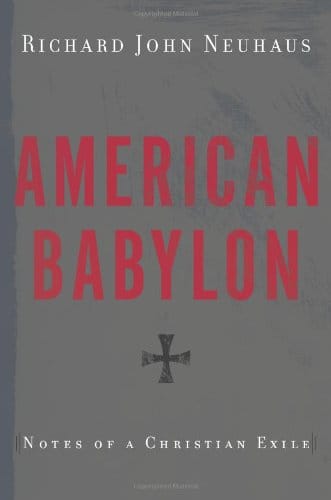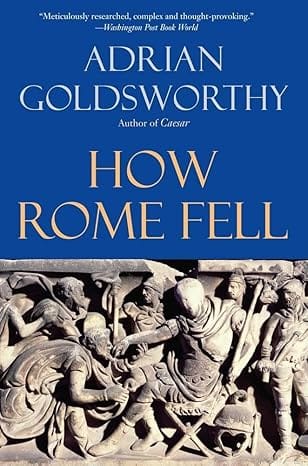The Long View: Samuel Johnson and His Dictionary of Doom

Samuel Johnson may be one of the most influential figures in English orthography.
Samuel Johnson and His Dictionary of Doom
Perhaps the most common defense of the traditional orthography of English is that the spelling is supposed to reflect the etymologies of the words, and so gives useful clues to their meanings. This argument is, of course, a red herring. The orthographies of all the modern European languages take etymology into account; only in English is this an excuse to allow spellings to become so phonetically ambiguous that standard dictionaries must provide a pronunciation key for each word. There are many reasons why this condition has been allowed to persist. Among the most important is the support it received from Samuel Johnson's Dictionary of the English Language, which appeared in 1755. This great work is credited with standardizing the spelling of English for the first time, but at the cost of phonetic incoherence.
Dr. Johnson set out his principles of lexicography in the Dictionary's Preface, which, happily, is available from the Gutenberg Project. In that fascinating essay, he demonstrated a proper understanding of the use of etymology, which any reform of the writing system of a language with an ancient and extensive literature would have to employ:
Such defects [as the divergence of loan words from their roots] are not errours in orthography, but spots of barbarity impressed so deep in the English language, that criticism can never wash them away: these, therefore, must be permitted to remain untouched; but many words have likewise been altered by accident, or depraved by ignorance, as the pronunciation of the vulgar has been weakly followed; and some still continue to be variously written, as authours differ in their care or skill: of these it was proper to enquire the true orthography, which I have always considered as depending on their derivation, and have therefore referred them to their original languages: thus I write enchant, enchantment, enchanter, after the French and incantation after the Latin; thus entire is chosen rather than intire, because it passed to us not from the Latin integer, but from the French entier.
It is too much for any speaker of a major language to expect that its orthography will perfectly mirror his pronunciation; it is enough if every spelling yields a possible pronunciation. For other European languages, the standardization of orthography has gone hand in hand with a process of modifying the historical spellings to satisfy that criterion. Dr. Johnson, however, enunciated a contrary principle, to the continuing cost of English-speakers ever since:
In this part of the work, where caprice has long wantoned without controul, and vanity sought praise by petty reformation, I have endeavoured to proceed with a scholar's reverence for antiquity, and a grammarian's regard to the genius of our tongue. I have attempted few alterations, and among those few, perhaps the greater part is from the modern to the ancient practice; and I hope I may be allowed to recommend to those, whose thoughts have been perhaps employed too anxiously on verbal singularities, not to disturb, upon narrow views, or for minute propriety, the orthography of their fathers. It has been asserted, that for the law to be KNOWN, is of more importance than to be RIGHT. Change, says Hooker, is not made without inconvenience, even from worse to better. There is in constancy and stability a general and lasting advantage, which will always overbalance the slow improvements of gradual correction. Much less ought our written language to comply with the corruptions of oral utterance, or copy that which every variation of time or place makes different from itself, and imitate those changes, which will again be changed, while imitation is employed in observing them.
One might say, in the eminent lexicographer's defense, that no one was paying him to reform English spelling. The Dictionary was supposed to record contemporary good usage. That it did, and had Johnson tried to legislate a new orthography for English, he would have had few readers. However, one cannot help but imagine how different the last quarter of a millennium would have been if, in that same Preface, he had noted the unnatural and unnecessary divide between written and spoken English, and called on those who cared for the language to close the gap.
Copyright © 1997 by John J. Reilly



Comments ()